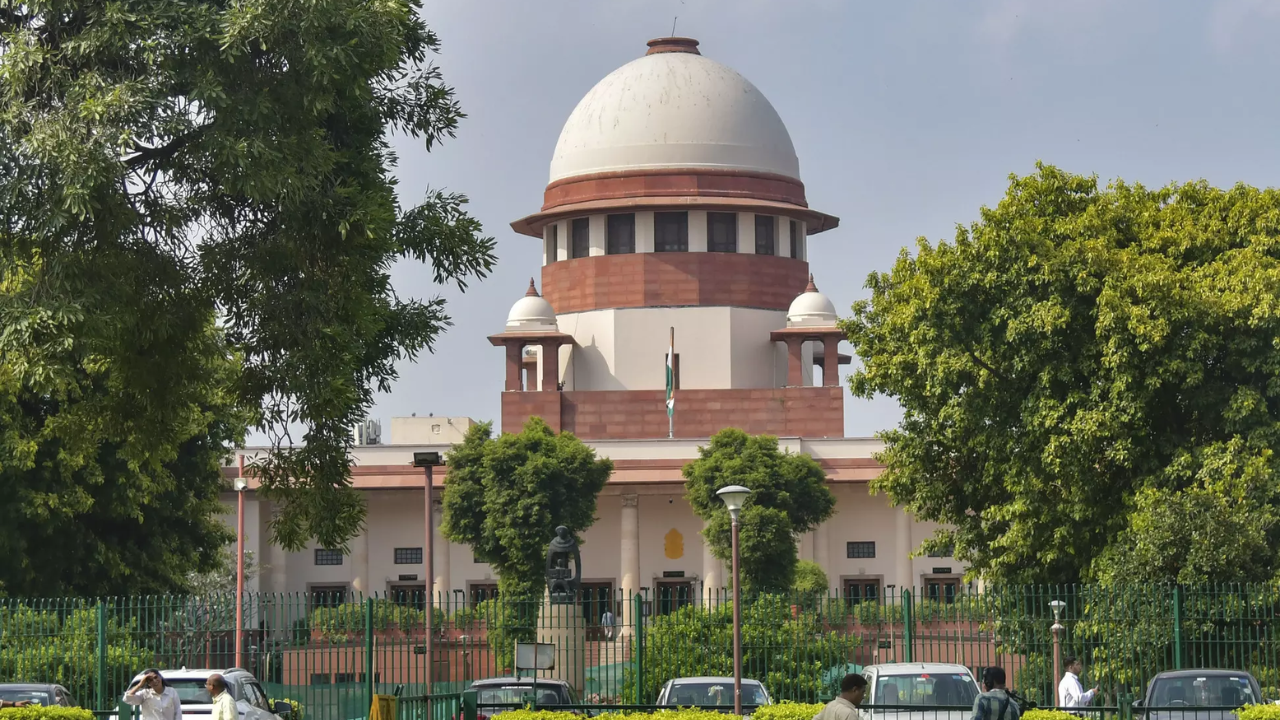Is Congress waging a silent war against Hindus? Recent events suggest a disturbing trend. The Places of Worship (Special Provisions) Act of 1991, a law that aimed to maintain the religious character of places of worship as they existed in 1947, has become a flashpoint in India's ongoing religious and political debates. The BJP has accused Congress of openly supporting this act, claiming that it denies Hindus their right to reclaim historically significant religious sites. This has ignited a firestorm, with allegations flying and accusations of betrayal echoing across the nation. Let's delve deeper into this contentious issue.
The Places of Worship Act: A Historical Overview
The Places of Worship Act, enacted in 1991, sought to freeze the status quo of religious places as they stood on August 15, 1947. This effectively prevented the reopening of legal cases related to the conversion of religious sites. While presented as a means to promote communal harmony, critics contend it unfairly prevents Hindus from seeking legal redress for past injustices. The Ayodhya Ram Janmabhoomi dispute was excluded from the Act's purview.
The Act's contentious legacy
The Act has since been at the center of various debates and controversies. Many believe that it was unfairly aimed at Hindus, and prevented the legal challenge of the conversions of several historical Hindu places of worship into Mosques and other sites. There is ongoing discussion as to whether the Act protects the secular fabric of India or has worked to stifle legal efforts in favour of preserving communal harmony and balance. This has led to a great deal of unrest among many devout Hindus, many of whom feel ignored by the Act, or left without proper avenues of recourse when challenging historically contested sites. The Act is highly contested and has fueled decades of tensions among various groups in India. The recent controversy further exposes deep societal divides, requiring immediate discussion and open-dialogue.
BJP's Fiery Accusations and Congress's Defense
The BJP has accused Congress of siding with the Act, claiming it amounts to an "open war against Hindus." They allege that the move disregards Hindus' fundamental constitutional rights to seek justice and redressal of historical wrongs. The BJP’s claims have escalated existing tensions, sparking strong reactions across the nation. The party highlights Congress’s historical context and past policies, connecting them to the ongoing controversy, making bold assertions regarding the party’s motives and their impact on Hindu communities in India.
Congress's Counterarguments
Congress, however, strongly defends the Act, arguing that it safeguards secularism, a crucial facet of the Indian Constitution. The party stresses the need to maintain communal harmony by preventing the reopening of past disputes, which would severely disrupt existing balances. Congress counters that the BJP’s interpretation of the law is politically motivated and that they are deliberately twisting the law to garner Hindu support during critical political periods. They emphasize the importance of maintaining religious neutrality and preventing possible disruptions caused by re-opening past religious conflicts that may be unfairly politically motivated.
The Supreme Court's Role and the Future of Religious Disputes
The Supreme Court is now poised to decide on the legality of the Places of Worship Act, following pleas challenging its constitutional validity. This legal battle has once again brought into sharp focus the sensitive issue of religious sites and India's secular identity. The court's verdict will greatly impact Hindu-Muslim relations and set a precedent for resolving future disputes.
The implications for the Supreme Court's decisions
The Supreme Court’s ultimate decision will undoubtedly have a lasting impact on the religious fabric of India. It is crucial that they weigh this issue with fairness and sensitivity, taking into account concerns from multiple groups and religious viewpoints across the nation. Any bias displayed within the judgement may severely heighten religious and political tensions within India, creating the potential for mass protests, clashes and violence.
Mohan Bhagwat's Measured Tone and the Contradictions Within Hindutva
Interestingly, RSS chief Mohan Bhagwat has struck a more moderate tone, suggesting there's no need to investigate every mosque for the presence of temples underneath. This seemingly contradicts the more aggressive stances taken by other figures within the BJP and sections of the Hindu population. These conflicting stances show divisions even within the broader Hindutva ideology. This highlights the nuances and ongoing conflicts within Hindutva itself, a significant ideology in India with strong opinions and various internal disputes that may impact decision making regarding important laws and future rulings on Hindu sites in India.
Navigating the internal contradictions
This discrepancy requires thorough analysis in order to fully understand the complexities of Hindu ideology and viewpoints. It's crucial to understand that there is no one unified ‘Hindutva’ standpoint; there are diverse views and different opinions within this belief system.
Take Away Points:
- The Places of Worship Act remains deeply contentious, sparking fierce debates between the BJP and Congress.
- The Supreme Court's decision on this act will have far-reaching implications for India's religious harmony and social stability.
- Contradictory positions within the Hindutva movement underscore the diversity of opinions on handling historical religious disputes.
- The issue demands sensitive and objective evaluation of its historic and social ramifications.









